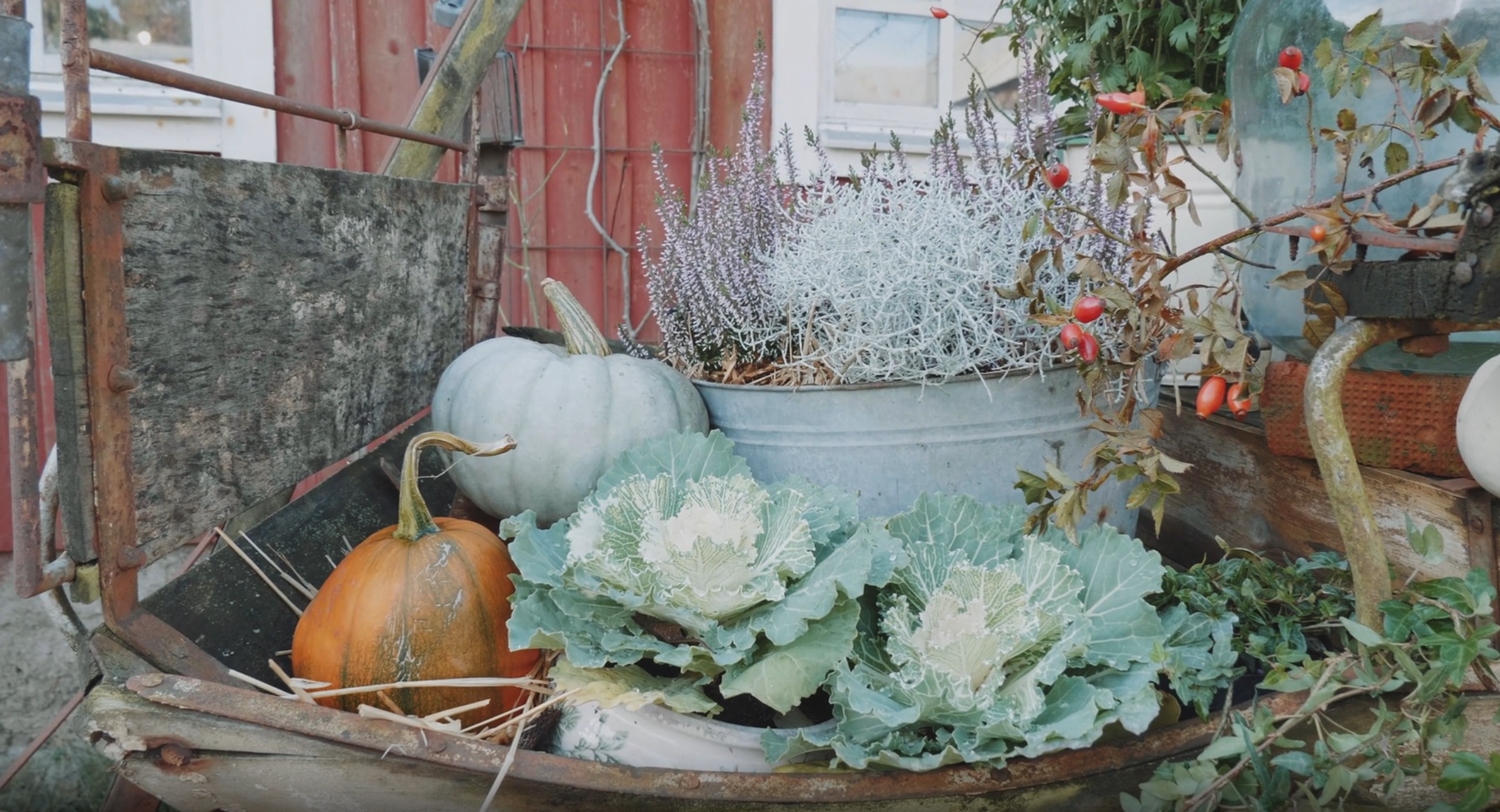Your Dream Veggie Garden Can Save you Time, Money, and Water
Posted on March 07 2025,

While YardFarmer is primarily a sustainable landscaping studio, we recognize that gardening is an incredibly important part of life for many people. We're pretty keen on vegetable gardens, too, and love to incorporate them into our sustainable landscaping designs!
Most of the concepts behind sustainable landscaping can be applied to gardening as well. We'll cover a few of the basics here, but a far more in-depth exploration of this topic can be found in our intensive Sustainable Gardening 101 webinar.
Understanding the Nuance of Sustainable Gardening
Your unique conditions should influence every decision you make in your garden. There are so many different things that impact your garden; you may have a shorter growing season than others, or you may live somewhere very arid, which will determine what grows well in your garden.
We have clients in the pacific northwest or the east coast that can grow blueberries really easily, but our clients in the Intermountain West are going to struggle to do the same. Understanding those climate and geographical nuances will help us grow things that are far more realistic for our growing conditions.
There are plenty of native plants that can be used in place of traditional garden plants. Instead of trying to grow blueberries in an area that is hostile to them (blueberries LOVE acidity, which is easy to come by in the south or PNW but painfully scarce in the Intermountain west), we can introduce a native option like serviceberry, which grows really well in arid, high alkaline soils like we find here in Utah.

Thinking of Your Garden as an Ecosystem
If you look at your garden as a living organism, your mindset starts to shift. Instead of seeing your garden as a yield-producing asset, you begin to see it as an ecosystem that is a potential home to diverse flora, beneficial insects, and hard-working decomposers. These three elements become an incredible asset to the sustainable gardener, since they end up doing a lot of the hard work for us.
There are flowers that work very well as companion plants for your vegetables and help deter animals like deer that might want a nibble. Many other plants, like purple clover, can be grown in the cooler parts of the year to help fix nitrogen in your soil. Growing these helpful plants cuts out our dependence on commercial fertilizers and harmful chemical repellents!
There are insects that can be attracted to our gardens that do a lot of hard work! Pollinators like bees and butterflies can find a haven in your sustainable garden, and since you won't be using poisons on your plants, they'll thrive in the new home you've provided them, and in return they'll help your plants flourish!
Keystone species like sunflowers play a strong role in a sustainable garden. They attract beneficial pollinators, provide food for native wildlife, and look fantastic!

Other insects, like ladybugs, will get to work eating aphids, mites, and other garden chomping pests, which means we don't need to rely on insecticides!
Under your garden's mulch you'll find decomposers, which are beneficial fungi and other critters, that break up organic matter and fortify your soil's health!
Closed Loop Systems
The more you explore the world of sustainable landscaping and gardening, the more you'll hear about closed loop systems. But what on earth is a closed loop system? The concept itself is heavily rooted in permaculture practices, and means that you have a system in place that is self-sustaining, minimizes waste, and reuses resources. It's a practice that that is very good for the environment, and has many positive benefits for people and wildlife!
Common household composting is a closed loop system. When you compost food waste and yard trimmings, you are minimizing waste by keeping those items out of the landfill. You are reusing resources by turning what would normally be thrown out into fertilizer for your yard.

All of this barely even scratches the surface of all the possibilities available to a gardener when they utilize sustainable practices! There are many other benefits as well, since you won't be exposing yourself and your loved ones to pesticides and herbicides that are commonly used in gardens. You'll also find local wildlife and pollinators will appreciate your garden space as well!
If you would like to learn more, make sure to check out our intensive Sustainable Gardening 101 webinar. It's available for purchase on a sliding scale; thank you for supporting our little team and the educational content we work hard to make!


